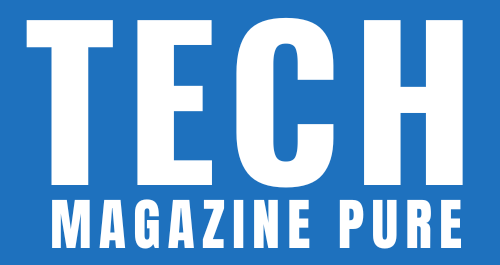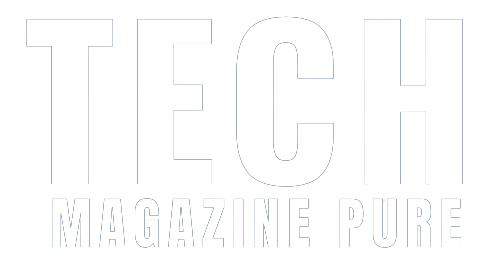In today’s digital age, having a strong online presence is essential for businesses and individuals alike. Whether you are a small business owner, a blogger, or an aspiring entrepreneur, understanding the fundamentals of web hosting and domain is crucial for establishing and maintaining a successful website. Web hosting refers to the service that allows your website to be accessible on the internet, while a domain is the unique address that visitors use to find your site. This introductory guide aims to shed light on the importance of web hosting and domain, and provide a comprehensive overview of the key concepts and considerations every website owner should be familiar with. By delving into the world of exploring Web Hosting and Domains, you will gain the knowledge and tools necessary to effectively manage your online presence and take your website to new heights.
Exploring Web Hosting and Domain A Must-Know for Website Owners
In today’s digital age, having an online presence is crucial for businesses and individuals alike. Whether you’re a small business owner, a blogger, or an entrepreneur, having a website is essential to reach a wider audience and showcase your products, services, or ideas. However, before diving into the world of websites, it’s important to understand the basics of web hosting and domain.
Exploring web hosting and domains is the service that allows individuals or organizations to make their website accessible on the internet. It provides the necessary infrastructure and technologies to store and display website content. Without web hosting, your website wouldn’t be visible to users searching for it online.
When it comes to web hosting, there are various options available, each with its own advantages and limitations. The most common types of web hosting include shared hosting, virtual private server (VPS) hosting, dedicated server hosting, and cloud hosting.
Shared hosting is the most affordable option, as it involves sharing server resources with other websites. It’s suitable for small websites with low to moderate traffic. VPS hosting offers a more stable and scalable solution by dividing a physical server into multiple virtual servers. It allows for more customization and control over resources.
Dedicated server hosting provides an entire physical server dedicated to a single website. It offers ultimate performance and security, making it ideal for high-traffic websites or those with specific requirements. Lastly, cloud hosting utilizes a network of servers to distribute website data, ensuring reliability and scalability.
Apart from web hosting, having a domain name is essential for your website’s online identity. A domain name is the address that users enter into their web browsers to access your website. It serves as a unique identifier for your online presence.
Choosing the right domain name is crucial as it represents your brand or website. Ideally, it should be short, memorable, and relevant to your business or niche. It’s recommended to choose a domain name that reflects your brand’s name or keywords related to your industry. Furthermore, it’s important to choose a domain extension that aligns with your target audience, such as .com, .org, or country-specific extensions like .co.uk or .de.
Once you have chosen a domain name, you need to register it with a domain registrar. Many web hosting providers also offer domain registration services, making it convenient to manage both web hosting and domain from a single provider.
When selecting a web hosting provider, it’s essential to consider factors such as reliability, security, customer support, and scalability. Look for providers with a solid reputation, positive customer reviews, and robust infrastructure. It’s also important to consider the specific requirements of your website, such as storage, bandwidth, and website-building tools.
Security is another crucial aspect to consider. Ensure that the web hosting provider offers SSL certificates to secure data transmission between your website and users’ browsers. Regular backups and reliable security measures are also important to protect your website against cyber threats.
Customer support is another vital factor, as you may encounter technical issues or need assistance in managing your website. Opt for a web hosting provider that offers 24/7 customer support through various channels like live chat, email, or phone.
Lastly, consider the scalability options offered by the web hosting provider. As your website grows, you may need additional resources to handle increased traffic and user demands. A provider that offers seamless scalability options can save you the hassle of migrating to a different hosting plan or provider in the future.
Understanding web hosting and domain is essential for website owners. By choosing the right web hosting provider and domain name, you can ensure a reliable and secure online presence. Take the time to research and compare different options to find the best fit for your website’s needs.


